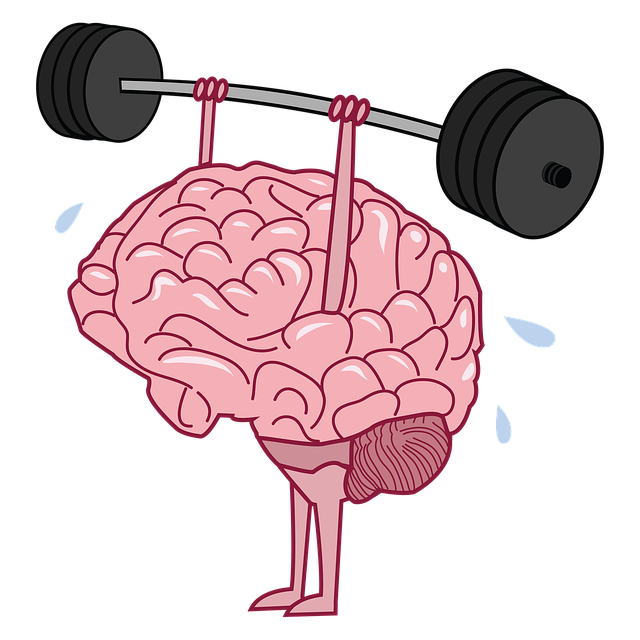Longmont Sexual Abuse Survivor Therapy equips individuals with coping skills through mindfulness practices, relaxation techniques, cognitive reframing, and self-care routines. These tools help manage trauma, reduce stress, and enhance overall well-being. Specialised organisations offer workshops and resources, fostering resilience and empowerment among survivors. Evidence-based approaches like CBT and trauma-focused care, combined with mental wellness coaching, enable survivors to process traumatic experiences, express emotions, and reclaim their lives.
Coping skills development is a vital component in the healing journey for Longmont sexual abuse survivors. Understanding and cultivating effective coping mechanisms can significantly enhance their ability to navigate life’s challenges. This article delves into the significance of coping skills, offering practical strategies for personal growth. We explore how therapy serves as a powerful tool, specifically tailored to support Longmont sexual abuse survivor therapy, fostering resilience and emotional well-being. By adopting these techniques, survivors can transform their experiences into sources of strength.
- Understanding Coping Skills and Their Significance for Longmont Sexual Abuse Survivors
- Strategies for Developing Effective Coping Mechanisms
- The Role of Therapy in Enhancing Coping Skills for Longmont Sexual Abuse Survivor Healing
Understanding Coping Skills and Their Significance for Longmont Sexual Abuse Survivors

For Longmont sexual abuse survivors, coping skills development is a vital aspect of their journey towards healing and recovery. These individuals often face complex emotions, flashbacks, and traumatic memories related to their experiences, making it crucial to equip them with effective tools to navigate these challenges. Coping skills refer to the strategies and behaviors people use to manage stress, reduce anxiety, and cope with difficult or traumatic situations. They play a significant role in maintaining mental health awareness and overall well-being among Longmont sexual abuse survivors.
Through therapy sessions, survivors can learn various techniques such as mindfulness, relaxation exercises, and cognitive reframing. These skills enable them to manage intense emotions, reduce the impact of flashbacks, and gradually regain control over their lives. The process often involves exploring past experiences, processing trauma, and developing healthy coping mechanisms tailored to individual needs. Organizations specializing in crisis intervention guidance can offer support, stress management workshops, and resources specifically designed for Longmont sexual abuse survivors, fostering a sense of empowerment and resilience.
Strategies for Developing Effective Coping Mechanisms

Developing effective coping mechanisms is a crucial aspect of healing and well-being, especially for survivors of sexual abuse. Longmont Sexual Abuse Survivor Therapy offers valuable insights and strategies to navigate this process. One effective approach is mindfulness, which involves staying present in the moment and observing thoughts and feelings without judgment. This simple yet powerful technique can help individuals detach from traumatic memories and reduce emotional distress.
Additionally, engaging in self-care practices such as regular exercise, adequate sleep, and a balanced diet contributes to overall stress management. Emotional well-being promotion techniques like journaling, meditation, or creative arts therapy provide outlets for expression and processing emotions. By incorporating these stress reduction methods into daily routines, survivors can foster resilience and better cope with challenging situations, ultimately enhancing their journey towards healing.
The Role of Therapy in Enhancing Coping Skills for Longmont Sexual Abuse Survivor Healing

For Longmont sexual abuse survivors, therapy plays a pivotal role in enhancing coping skills and facilitating healing. Professional therapeutic environments provide safe spaces where individuals can process their traumatic experiences, express emotions, and develop healthy coping mechanisms. Through evidence-based approaches such as cognitive behavioural therapy (CBT) or trauma-focused care, survivors gain valuable tools to navigate the challenges they face. Therapists skilled in compassion cultivation practices and emotional intelligence help clients cultivate self-compassion, better understand their feelings, and build resilience.
Longmont Sexual Abuse Survivor Therapy goes beyond addressing symptoms; it empowers individuals to reclaim their lives, foster mental wellness, and develop coping skills that promote overall well-being. This holistic approach integrates various therapeutic techniques, including Mental Wellness Coaching Programs, to support survivors in their journey towards healing and personal growth.
Coping skills are essential tools for Longmont sexual abuse survivors to navigate their healing journey. By understanding and developing effective mechanisms, individuals can better manage traumatic experiences and promote long-term well-being. The strategies outlined in this article, coupled with professional therapy sessions tailored to the unique needs of Longmont sexual abuse survivors, offer a promising path toward resilience and recovery. Embracing these coping techniques enables survivors to reclaim their lives, fostering a sense of empowerment and improved mental health.













